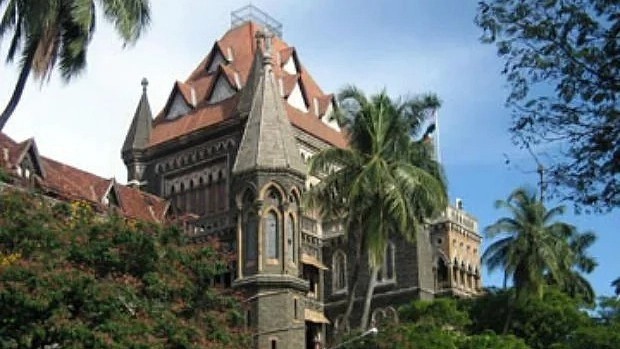Mumbai: In a relief to over 126 flat purchasers, the Bombay High Court has allowed Sheth Developers to complete the construction of Building No. 8, part of the nine-building Vasant Lawns project in Thane’s Panchpakhadi area. The court has directed the developer to finish the remaining work within six months and apply for an Occupancy Certificate (OC) thereafter.
Justice Milind Jadhav passed the judgment while deciding three writ petitions challenging an order by the Thane District Court dated May 22, 2024, which temporarily restrained the developer from continuing construction and barred the Thane Municipal Corporation (TMC) from granting further permissions.
The petitions were filed by Sheth Developers, Thane Municipal Corporation (TMC), and individual flat purchasers of Building No. 8, who argued that the district court’s injunction caused significant hardship and financial loss.
The dispute stems from a project initiated in 2005 under the name “Vasant Lawns,” comprising nine buildings. While the first seven buildings were completed and handed over to residents, issues arose regarding revisions to the original 2005 sanctioned plan. The seven housing societies, representing flat purchasers of the first seven buildings, filed a civil suit in 2022 seeking to revert to the original layout. They also alleged deficiencies in amenities and improper disclosures by the developer.
The societies argued that the developer had exploited the plot’s full potential by revising plans and utilising additional Floor Space Index (FSI) and Transfer of Development Rights (TDR) without their consent. They claimed that by 2013, 99% of the project’s FSI had been consumed, and further revisions violated the Maharashtra Ownership Flats Act (MOFA).
The developer countered that the revisions to the sanctioned plan, including changes to Building Nos. 8 and 9, were approved by TMC and complied with all legal requirements. Senior advocates representing the developer and flat purchasers argued that the injunction impacted 126 bona fide flat buyers of Building No. 8, who had invested their life savings in the project. They maintained that the societies themselves had benefited from earlier amendments to the plan and that the 2013 cut-off date cited by the societies was arbitrary and baseless.
The TMC also supported the developer, asserting that the societies’ suit was procedurally flawed as no statutory notice had been issued to the corporation under the Maharashtra Municipal Corporation Act.
The High Court noted that the societies delayed raising objections to the revised plans, despite multiple amendments since 2007. It found the societies’ demand to revert to the original 2005 plan impractical, as their own buildings had also benefited from the changes.
In a detailed 56-page judgment, the court observed that halting the construction of Building No. 8, which is nearly complete, would cause “irreparable harm” to both the developer and flat purchasers. “… passing an embargo in respect of building No.8 which is practically completed in all respects.. in the facts of the present case is clearly detrimental to the interests of the flat purchasers and the Developer,” the court underlined.
It highlighted that the revised plan, which slightly altered the location of Building No. 9 to accommodate mandatory open spaces, had increased rather than reduced the green area as per Development Control Regulations (DCR).
The High Court quashed the district court’s injunction and allowed the developer to proceed with construction. It upheld the trial court’s earlier order rejecting the societies’ application for a temporary injunction. The court also set aside the appellate court’s directive for an inquiry against municipal officers involved in approving the plans.
“This is not a case of illegal development. The changes were approved through revised sanctioned plans, which are in the public domain,” Justice Jadhav stated. It directed the trial court to expedite the main suit and kept all contentions of the parties open for trial. A request by the societies’ counsel to stay the judgment was denied.
